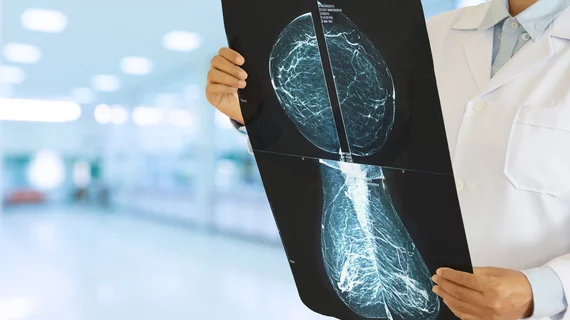FDA issues new guidance on how mammography facilities can contest adverse appeals decisions
The U.S. Food and Drug Administration issued new draft guidance on Monday outlining how breast imaging providers can challenge the suspension of their licenses and other accreditation decisions.
Its announcement comes on the same day that the FDA was set to resume regular imaging site inspections that have been on hold during the pandemic. With the new guidance, officials noted that mammography facilities that disagree with an accreditor’s ruling can appeal directly to that agency. And if they’re still unsatisfied, providers can also request further consideration from the director of the Division of Mammography Quality Standards.
“If a facility is further dissatisfied with FDA's reconsideration decision, it may request a formal hearing before the Departmental Appeals Board, Department of Health and Human Services, as well as further review of the hearing officer's decision,” the FDA advised Monday.
Mammography providers that want to challenge the suspension or revocation of their certificate can now request an informal hearing before the administration, too. FDA officials outlined how to submit such requests and other general information on the process in a 10-page document.
The Food and Drug Administration is accepting comments on the draft guidance through Sept. 21, with details on how to submit feedback here.
The FDA issued its first Mammography Facility Adverse Event and Action Report in months on June 29, highlighting since-resolved imaging challenges at one Oklahoma hospital.

